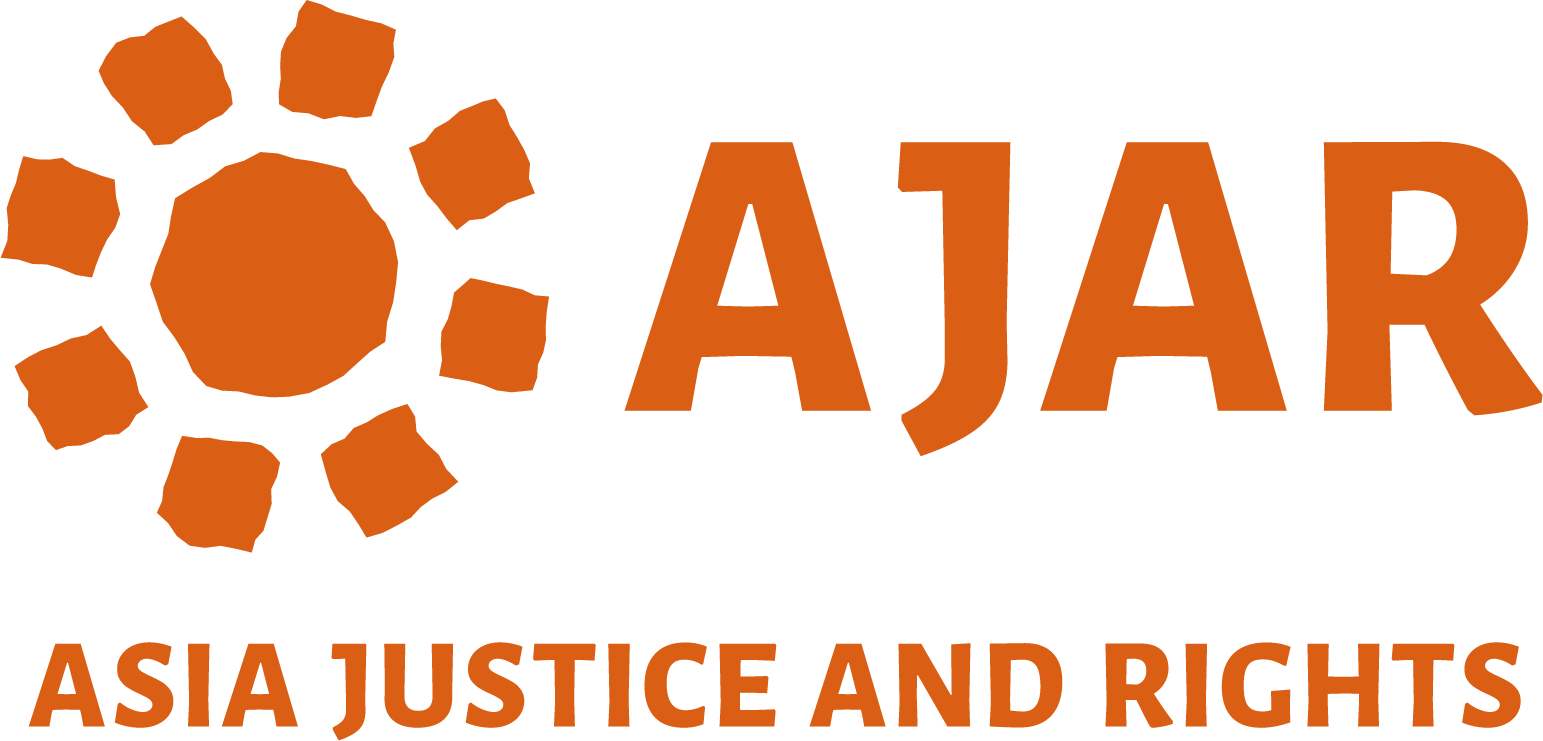Truth commissions must incorporate a gender perspective in order to fully understand human rights violations, make abuses against women visible, and better correct misconceptions about the links between masculinity and the exercise of violence. At the same time, truth commissions must ensure that women are seen not just as passive recipients of help, but as agents with specific experiences and distinct voices—key partners to ensuring that the work of the commission permeates society.
Truth commissions have only recently started to focus explicitly on gender violence. Sexual abuse was not included in many legal mandates, in spite of its pervasive presence in conflict and repression. Also, many early truth commissions paid little attention to the participation of women as commissioners and staff. Much has changed: new legislation on truth commissions, particularly in Africa, clearly includes all forms of sexual violence in com- mission mandates and requires gender parity in the nomination of commission members.
Making Gender Violence Visible
A gender perspective must be incorporated from the outset, when a truth commission’s legal mandate is being negotiated or, failing that, when commissioners are making operational decisions about their mandate. Doing so may involve including gender-based violence, including sexual violence, in the mandate, but mandates should not be limited to gender-based violence.
The legal mandate or the commission’s research plan, as appropriate, must address sexual violence as a multifaceted, complex criminal pattern that goes beyond rape. All forms of abuse of women and girls for sexual purposes and any infringement of female sexual and reproductive rights must be studied. Also, the com- mission should not focus on sexual violence to the exclusion of other types of violations committed against females.
For example, the commission should address the experiences of women who—as a result of exile, forced displacement, or the killing of male relatives—became the sole breadwinners for their family. The commission should recognize that women very often suffer new abuses, marginalization, and stigmatization as a result of the death or disappearance of their male relatives. Women suffer because existing societal and structural inequalities exacerbate the impact of the initial violations. Effective truth-seeking must address all of these violations.
